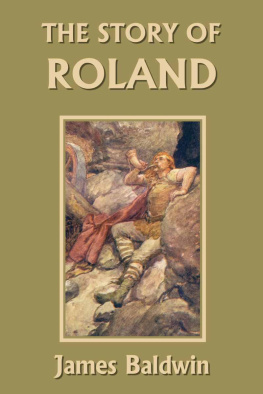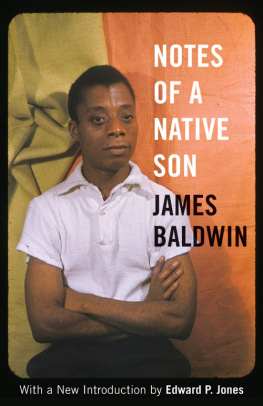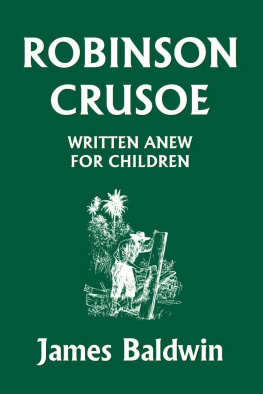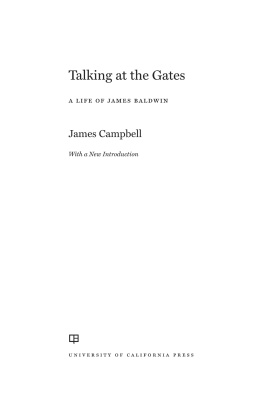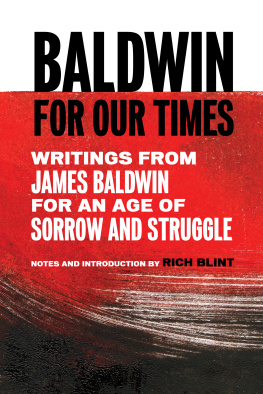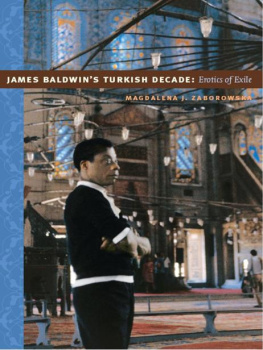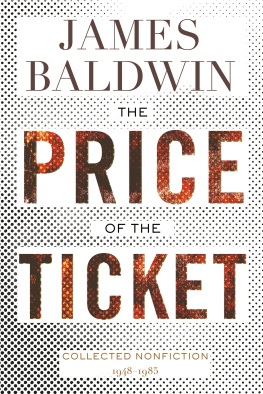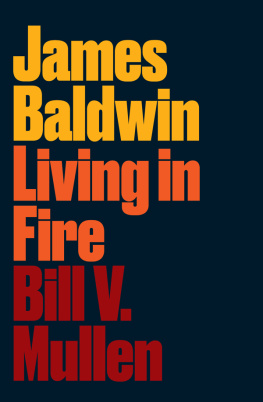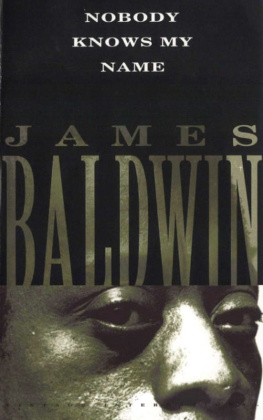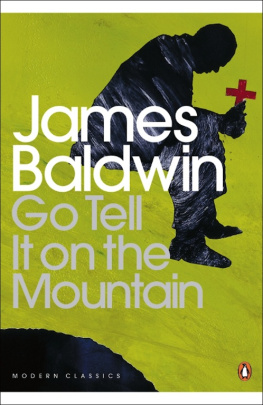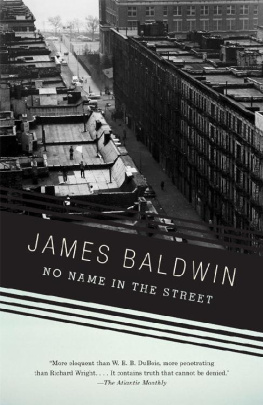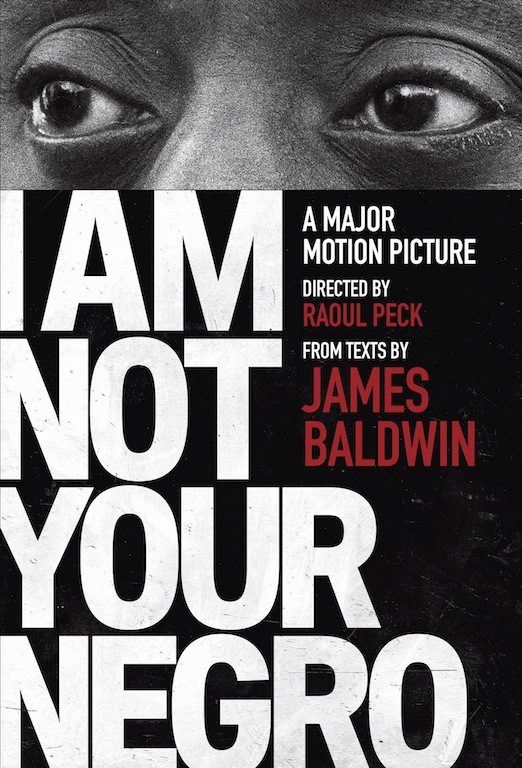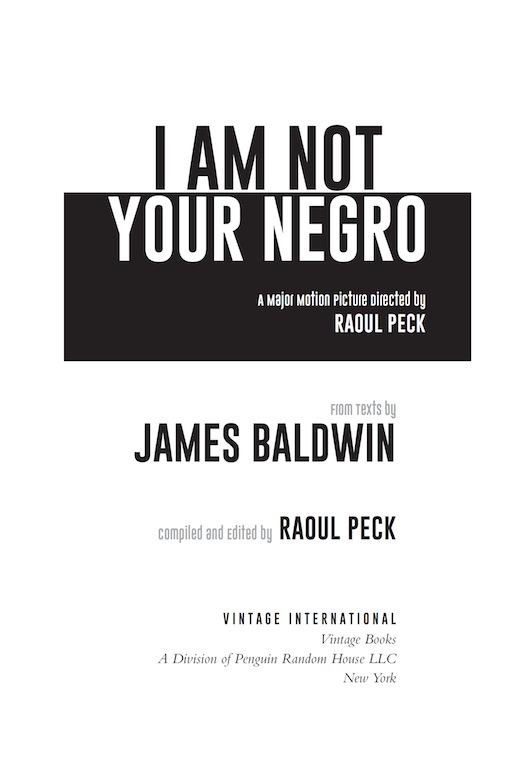James Baldwin - I Am Not Your Negro
Here you can read online James Baldwin - I Am Not Your Negro full text of the book (entire story) in english for free. Download pdf and epub, get meaning, cover and reviews about this ebook. year: 2017, publisher: Vintage, genre: Art. Description of the work, (preface) as well as reviews are available. Best literature library LitArk.com created for fans of good reading and offers a wide selection of genres:
Romance novel
Science fiction
Adventure
Detective
Science
History
Home and family
Prose
Art
Politics
Computer
Non-fiction
Religion
Business
Children
Humor
Choose a favorite category and find really read worthwhile books. Enjoy immersion in the world of imagination, feel the emotions of the characters or learn something new for yourself, make an fascinating discovery.

- Book:I Am Not Your Negro
- Author:
- Publisher:Vintage
- Genre:
- Year:2017
- Rating:5 / 5
- Favourites:Add to favourites
- Your mark:
I Am Not Your Negro: summary, description and annotation
We offer to read an annotation, description, summary or preface (depends on what the author of the book "I Am Not Your Negro" wrote himself). If you haven't found the necessary information about the book — write in the comments, we will try to find it.
Nominated for the Academy Award for Best Documentary
To compose his stunning documentary film I Am Not Your Negro, acclaimed filmmaker Raoul Peck mined James Baldwins published and unpublished oeuvre, selecting passages from his books, essays, letters, notes, and interviews that are every bit as incisive and pertinent now as they have ever been. Weaving these texts together, Peck brilliantly imagines the book that Baldwin never wrote. In his final years, Baldwin had envisioned a book about his three assassinated friends, Medgar Evers, Malcolm X, and Martin Luther King. His deeply personal notes for the project have never been published before. Pecks film uses them to jump through time, juxtaposing Baldwins private words with his public statements, in a blazing examination of the tragic history of race in America.
This edition contains more than 40 black-and-white images from the film.
James Baldwin: author's other books
Who wrote I Am Not Your Negro? Find out the surname, the name of the author of the book and a list of all author's works by series.

